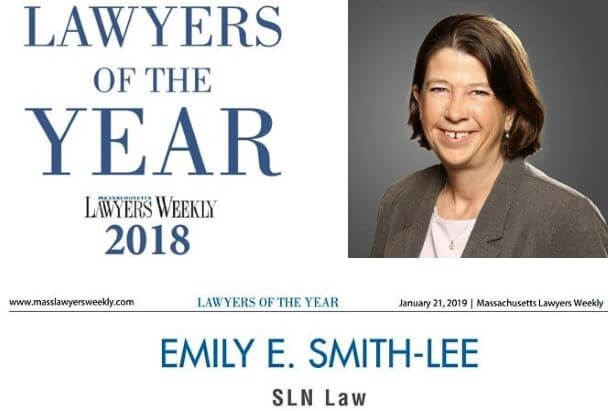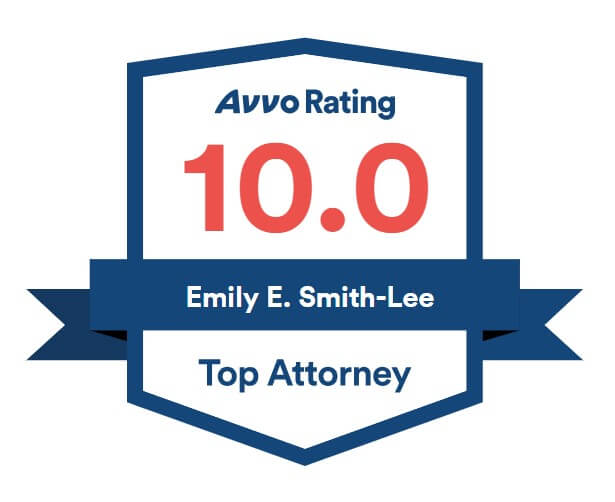What is a Contingent Fee Agreement?
Understanding the Legal Contingent Fee AgreementIf you are thinking about bringing a civil lawsuit, you may have heard of arrangements where your attorney collects their fee out of the settlement or judgment. This is called a "contingent fee" agreement.
These can come in many forms. Some firms will require a 33% contingency (meaning their fee is 33% of whatever you receive). Others can go as high as 40%, still others may have the fee be based on the hours put in to the case, but still "contingent," meaning it is not owed unless and until you recover. There are also hybrid arrangements, where you may make a flat fee payment upfront to cover the initial assessment, but the bulk of the work is litigating the matter is done on a contingent fee basis. All of these variations are common and considered acceptable under the ethical rules governing attorneys, so long as the terms are clearly disclosed to you upfront. These arrangements are not available in every type of case. In a business dispute, for example, you may have a hard time finding an attorney to take it on a full or partial contingent fee basis, because those cases can be complex and often involve defending against counterclaims as well as pursuing your own claims. They are most common in personal injury and plaintiffs' employment cases. Learn more here about our legal team and how we can help you. |
We're Here to Help.OR
|
Questions About a Civil Lawsuit?
Our Solutions Roadmap is a quick and easy way to share the details of what you are facing and receive preliminary feedback from a member of our team. Use the button below to get started- it is 100% confidential and 100% free.
Meet Our Trial Attorneys

Emily Smith-Lee is the owner and founder of slnlaw. She is a 1996 graduate of Boston College Law School. She was previously a partner at the Boston office of a large international firm, where she worked for thirteen years, with a focus on complex business litigation. In 2009, she started the firm that became slnlaw. She has been recognized as Massachusetts Superlawyer each year since 2013, and in 2018 earned recognition as one of Massachusetts Lawyers Weekly's Lawyers of the Year for a precedent-setting victory at the Massachusetts Supreme Judicial Court. She has written a book on employment law: Rules of the Road, What You Need to Know About Employment Laws in Massachusetts, and helped thousands of clients with business and employment disputes. Emily has handled cases at every level of the state system, in the federal trial court, and before the First Circuit Court of Appeals.

Elijah Bresley: Eli is a 2014 graduate of Seton Hall Law school, and has worked with slnlaw since 2020. He previously worked for a boutique employment law firm outside of Boston, and then for the Labor and Employment department of a large Boston firm. He also spent a year clerking for the judges of the Superior Court in Hartford, Connecticut. Eli has successfully defended numerous employers in the MCAD, and litigated other business and employment disputes throughout the state court system and in the federal trial court.

Sharleen Tinnin: Sharleen is a 2010 graduate of Northeastern University School of Law, and has been with slnlaw since 2023. Prior to joining slnlaw, she worked with King, Tilden, McEttrick & Brink, P.C. on complex civil litigation matters. She previously worked for the United States Department of Justice, and received an "Excellence in Justice" award in 2017. Sharleen has litigated both plaintiff and defendant cases in the state court system, MCAD, and the federal trial court.
|
Emily Smith-Lee Rated by Super Lawyers loading ... |


